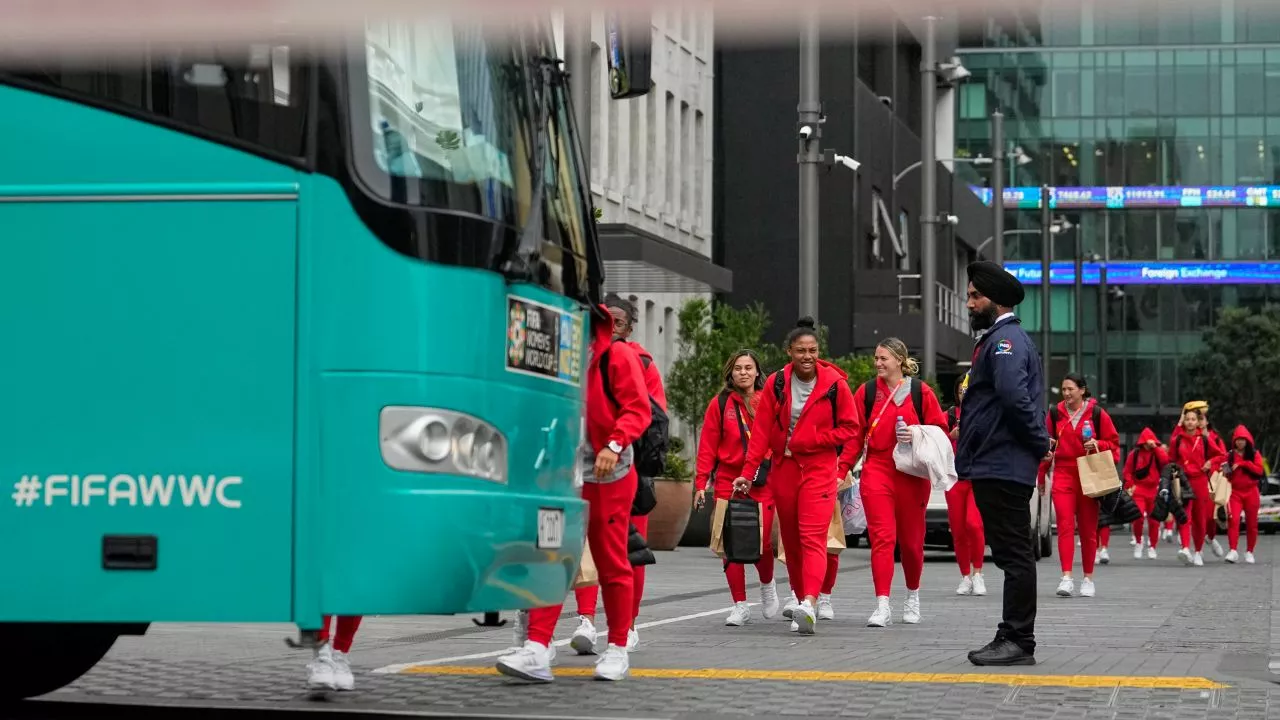
Exploring the Gender Divide in Soccer
As a soccer enthusiast, I often find myself in the midst of a heated debate about why soccer is not as popular among women as it is among men. This is a complex issue that requires a deep understanding of societal norms, gender roles, and the history of the sport. While it's not true that all women dislike soccer, it's evident that there's a noticeable gender gap in soccer fandom and participation. But what are the reasons behind this?
Historical Perspective on Women in Soccer
Looking back at history, soccer was largely viewed as a men's sport. Women were often discouraged or even banned from playing soccer in many countries, due to the stereotype that it was too physical and rough for them. This historical bias has played a significant role in shaping public perception about women's participation in soccer. Even though women's soccer has grown in recent years, the remnants of these historical barriers still impact women's interests and participation in soccer.
The Influence of Societal and Cultural Norms
Every society has its norms and customs that dictate what is considered appropriate for each gender. In many cultures, soccer is seen as a masculine sport. This perception discourages many women from playing or following soccer. The societal pressure to conform to traditional gender roles can greatly influence a woman's interest in soccer. It's a deeply ingrained bias that we need to challenge and change.
Lack of Representation in Media
Let's talk about the media. When you turn on the TV or browse through sports websites, how often do you see coverage of women's soccer games compared to men's? The lack of representation of women in soccer in media is a significant deterrent for women. When women don't see themselves represented in a particular field, they are less likely to show interest in it. This lack of visibility sends a message that soccer is not for women.
The Impact of Few Role Models
Role models play a vital role in fostering interest. The lack of prominent female soccer players as role models can be another factor that contributes to the lesser interest of women in soccer. While there are certainly successful and talented women soccer players, they often do not receive the same level of recognition and fame as their male counterparts. This results in fewer role models for young girls who might be interested in the sport.
Issues of Gender Bias in Soccer
Gender bias is another elephant in the room. Whether it's the pay gap between male and female soccer players, the lack of opportunities, or the unequal treatment of women in the soccer world, these issues are all too real. This gender bias can discourage many women from pursuing a career in soccer or even showing interest in the sport.
The Physicality of Soccer
Another factor that might deter women from soccer is the physical nature of the sport. Soccer is a contact sport that can be rough and physically demanding. While many women do enjoy physical sports, the perception of soccer as a rough and tough game might not appeal to all women. However, it's important to remember that physicality in sports is not a domain exclusive to men and women can excel in physical sports too.
Changing the Narrative
While it's true that soccer is not as popular among women as it is among men, it's essential to challenge these stereotypes and biases. By increasing representation, combating gender bias, and promoting women's soccer, we can begin to change the narrative. Soccer is a sport for everyone, regardless of gender. It's high time we start acknowledging and encouraging the interest of women in soccer.

Write a comment